The Most Troubled Small Engines: Why You Should Avoid Them When Buying a Car
It's best to steer clear of these engines: a list of the most unreliable gasoline engines.
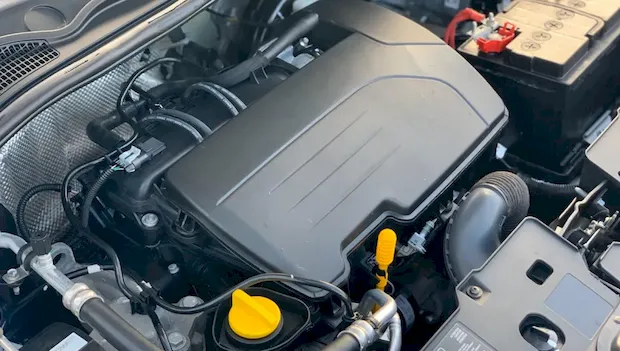
Subcompact Engines Under the Hood: When Savings Turn into Problems.
Manufacturers are actively promoting subcompact gasoline engines as the golden mean between power and economy. However, in practice, some of these units have turned car operation into an endless quest for servicing. The drive to meet environmental standards has backfired: the reduction in engine displacement was compensated with turbochargers, and the fine-tuning of fuel systems became the Achilles' heel of many models. We've reviewed feedback from mechanics and owners — here are four engines that often lead to "relationships on the verge of divorce."
VTEC
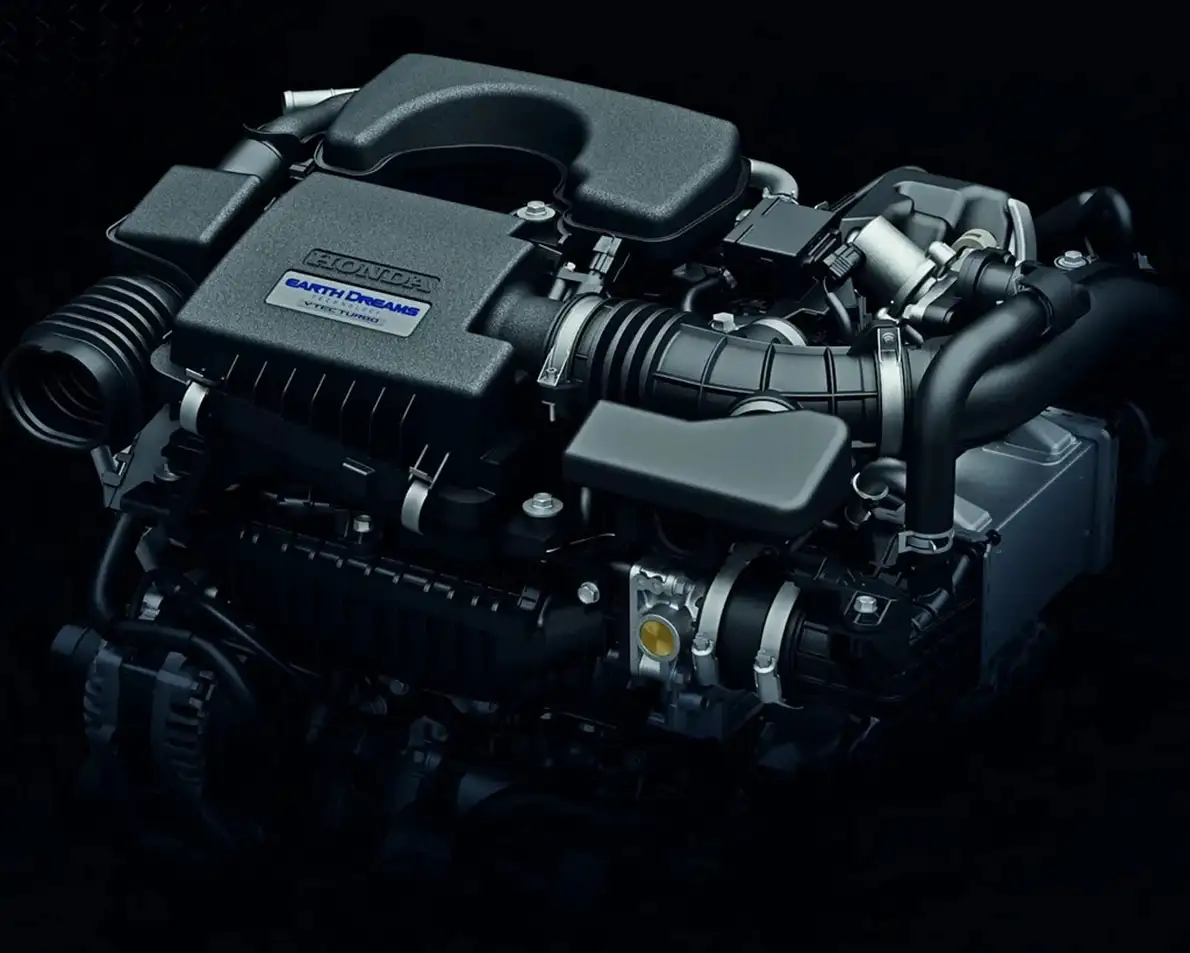
The Honda 1.0 VTEC (P10A2) was used in the 10th generation Honda Civic and initially appeared promising, but over time a critical flaw emerged. The problem was a defect in the timing belt pulley, which caused the belt to deteriorate and its parts to enter the engine. This led to overheating and failure of the second cylinder. Although Honda attempted to address the issue, the problems were not fully resolved, and the engine was phased out in the next generation of the Civic.
PureTech
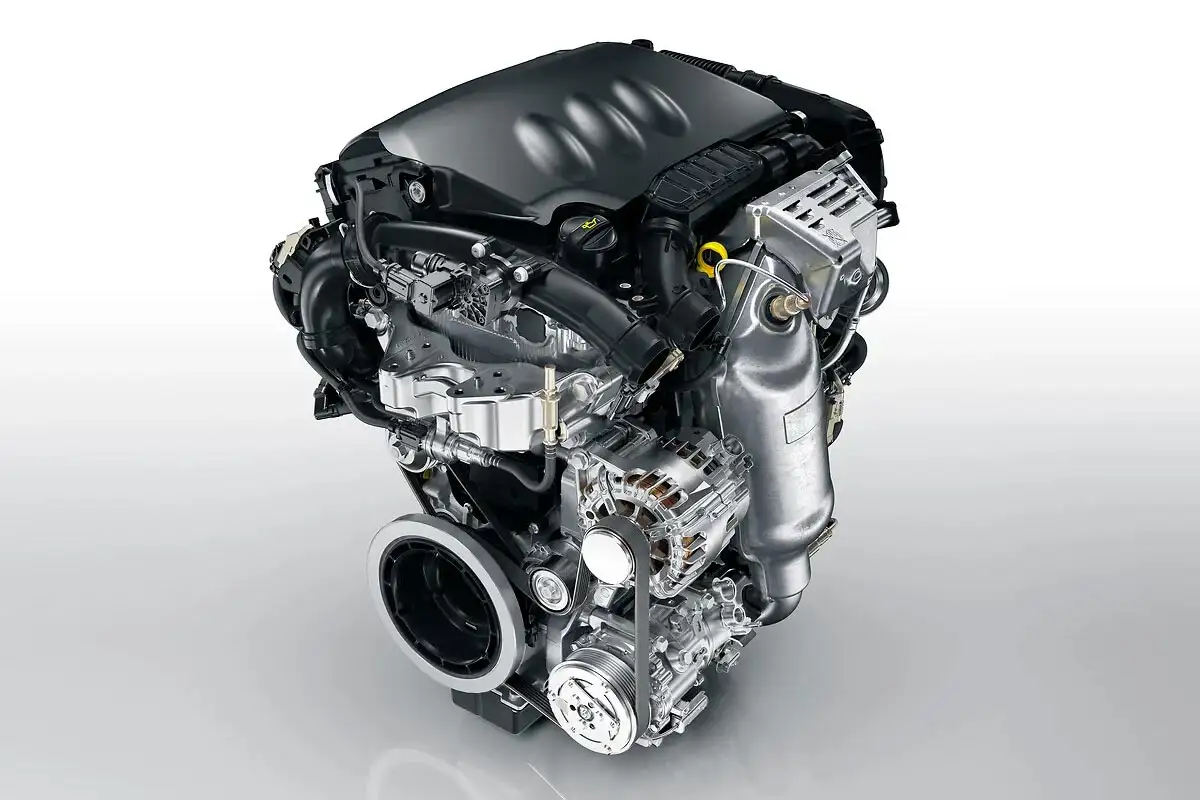
The 1.2 PureTech (EB) from PSA/Stellantis was used in Peugeot, Citroen, and Opel vehicles but turned out to be extremely unreliable. The main drawback was the timing belt operating in an oil bath. Over time, fuel would seep into the oil, diluting it and accelerating belt wear. Detached parts clogged the oil passage and led to oil pump failure. Many engines failed after just 40,000 km, despite official recommendations to change the belt at 160,000 km. Only in 2023 did Stellantis introduce a new version with a chain drive, but the problems with older versions remain unresolved.
EcoBoost
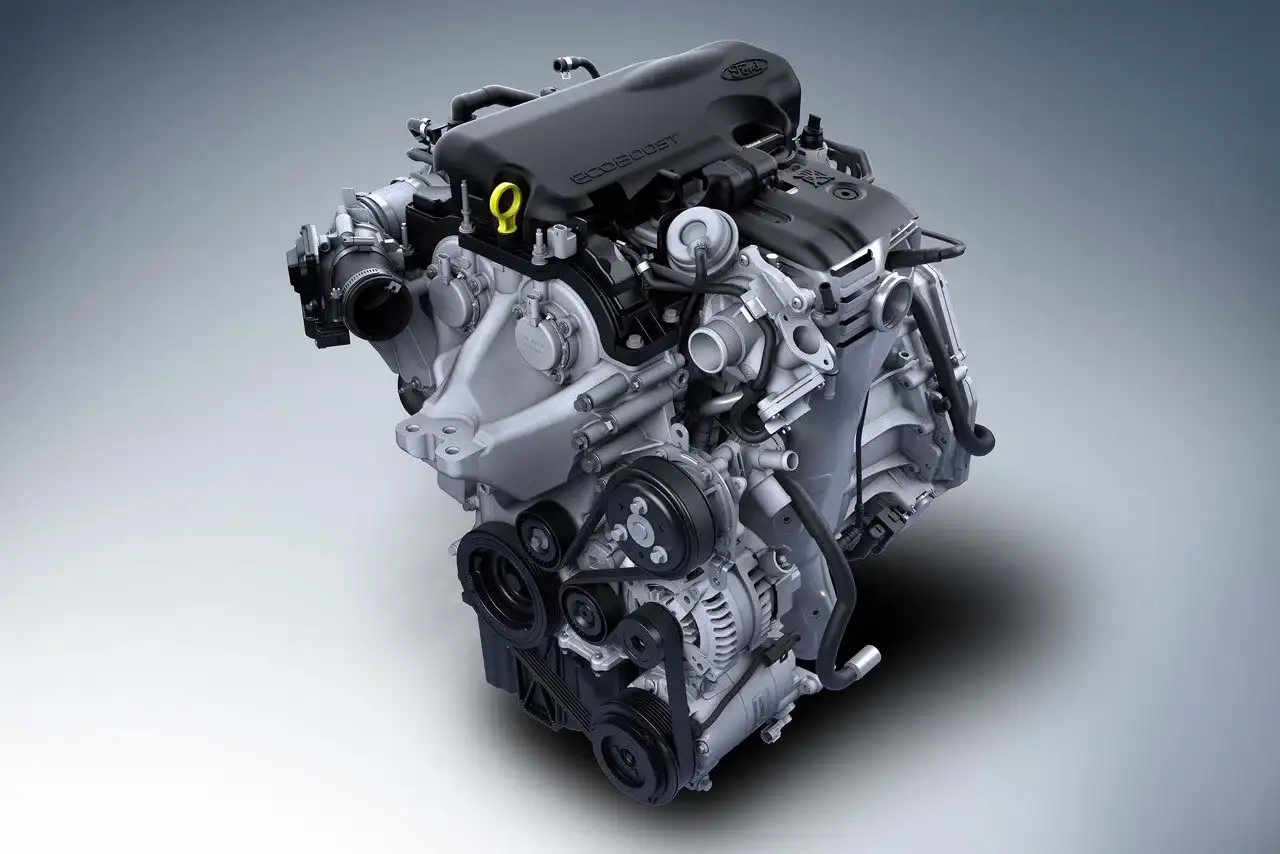
The Ford 1.0 EcoBoost gained popularity due to its power and efficiency, but early versions (2012-2018) faced serious drawbacks. The main issue was a weak cylinder head prone to cracking, leading to coolant leakage and overheating. The fuel pump, driven by the camshaft, was also found unreliable — cam wear caused a drop in pressure, impairing engine performance. In 2018, Ford upgraded the engine, but thousands of owners faced costly repairs.
Renault TCe
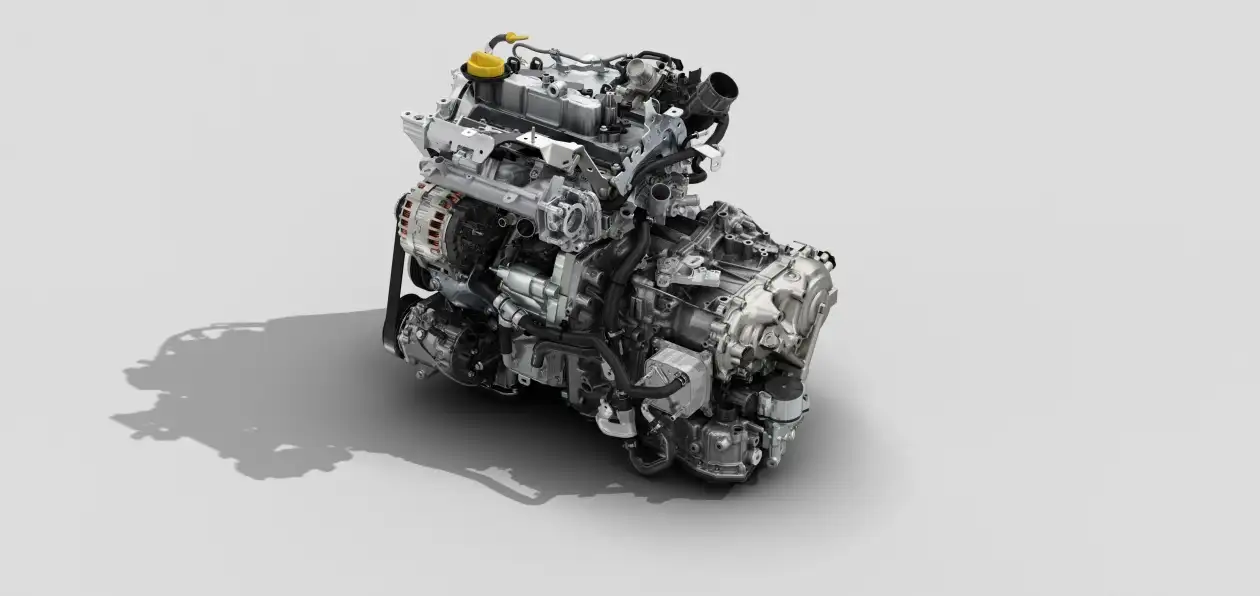
The Renault 1.2 TCe (H5Ht), jointly developed with Daimler, proved to be equally problematic. One of the main drawbacks was high oil consumption — up to 1 liter per 1000 km. This issue was exacerbated by the inefficient operation of the oil pump, leading to engine overheating. Additionally, defective timing chain tensioners could loosen, causing serious damage. Renault tried to address these issues, but the engine remained unreliable.
If you're considering a used car with one of these engines, it's worth carefully reviewing its service history and paying attention to oil level checks and timing belt operation. Otherwise, you could face significant repair costs.
You may also be interested in the news:
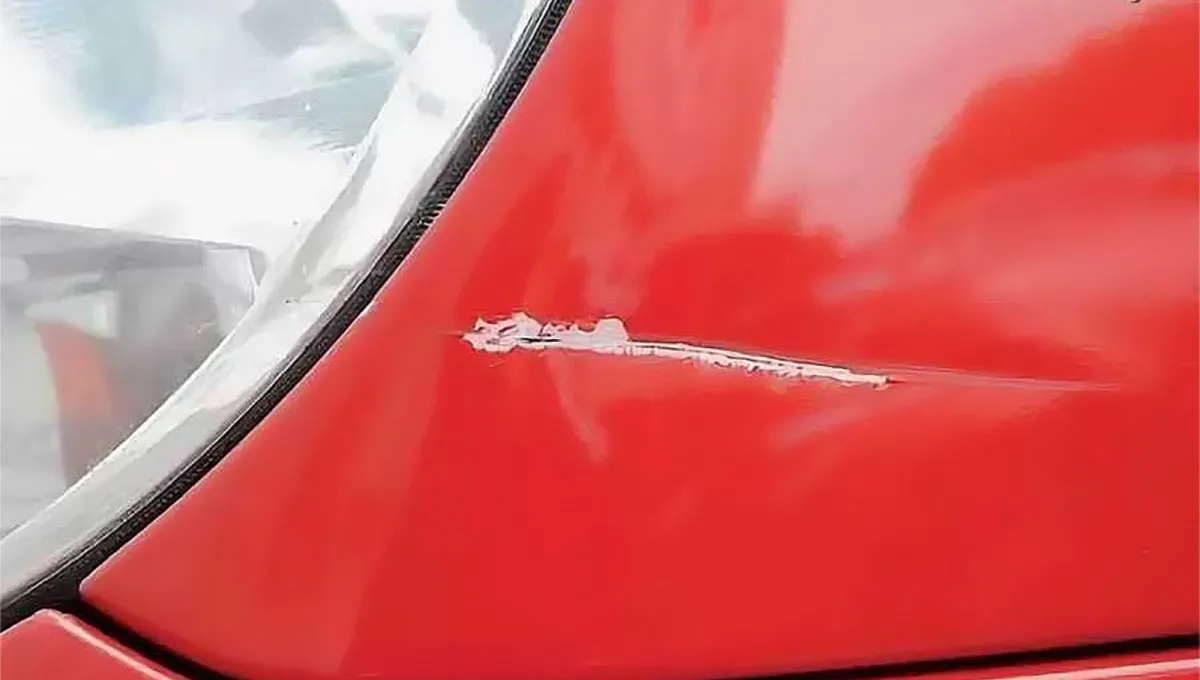
How to Fix a Deep Scratch on Your Car at Home – Yes, It’s Possible
Tiny scratches can usually be removed with a thorough polish, but what about deep scratches? Here’s how to tackle them yourself.
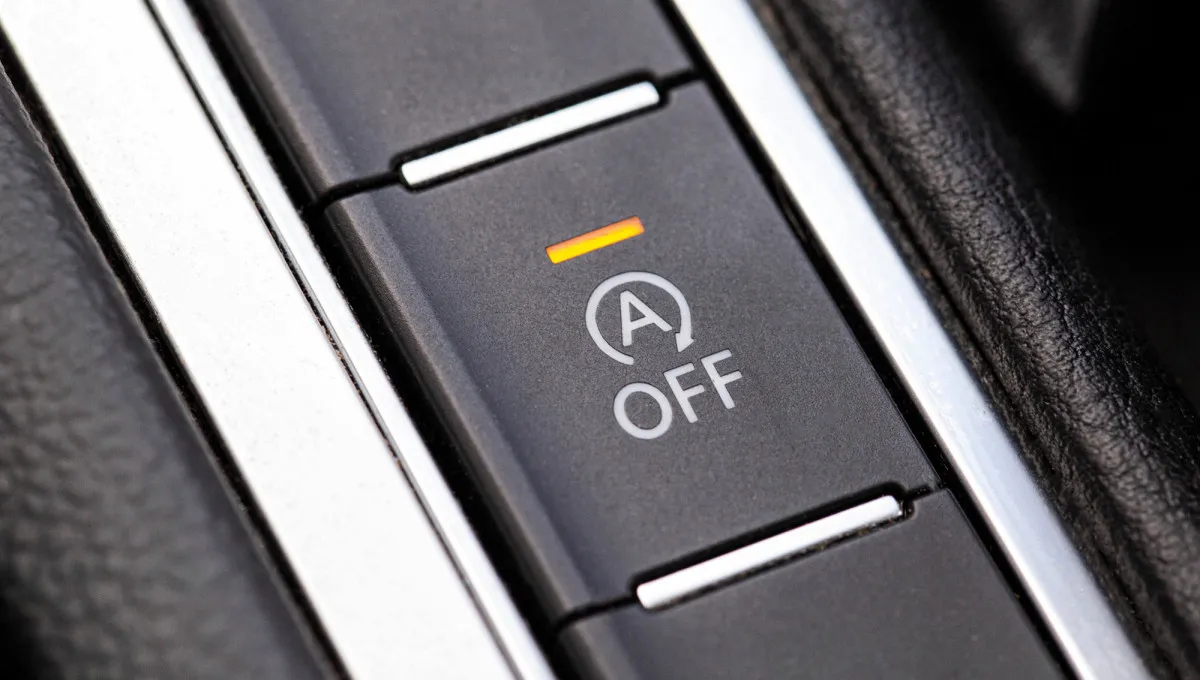
The Dark Side of Start-Stop: How Much Fuel Do You Really Need to Save to Pay for Engine Repairs
Stop at a light, the engine shuts off. Green light—engine restarts and you drive away. Sounds perfect, right?
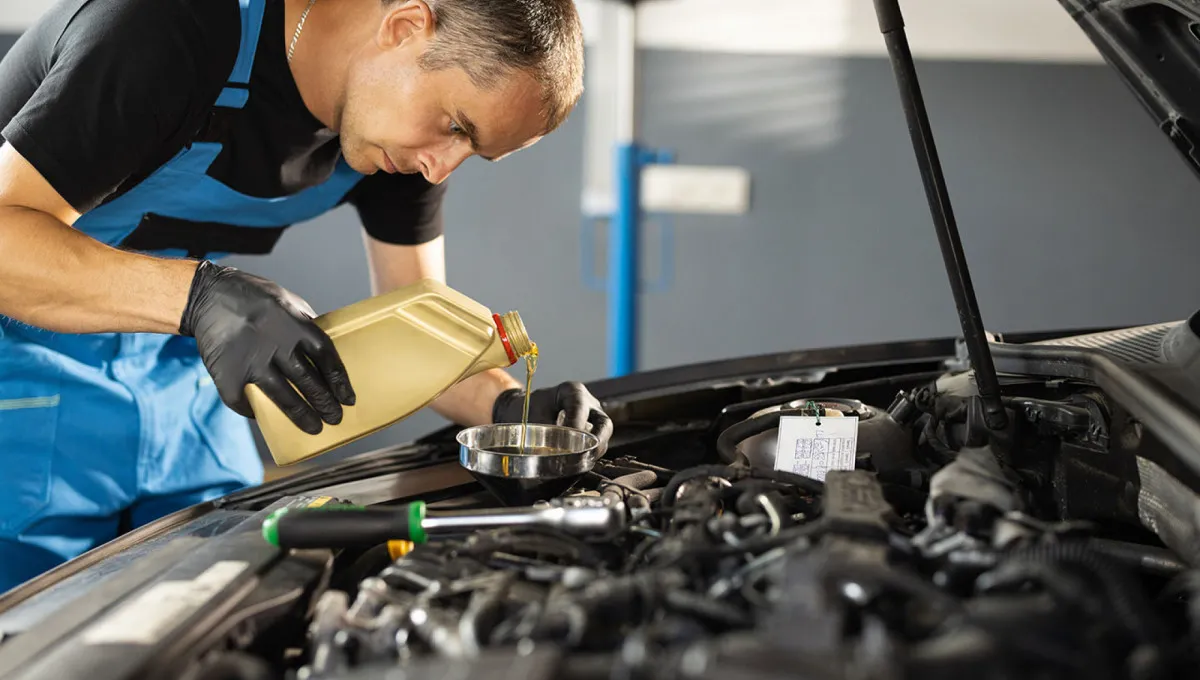
Even Many Mechanics Don’t Know This: Is It Safe to Mix Motor Oils?
We’re often asked whether it’s safe to mix motor oils of different types and viscosity grades.

Why Windshield Wipers Fail — and What You Can Fix Yourself
Windshield wipers may seem like a minor component, but they play a major role in road safety by keeping the driver’s view clear in rain, snow, and slush.
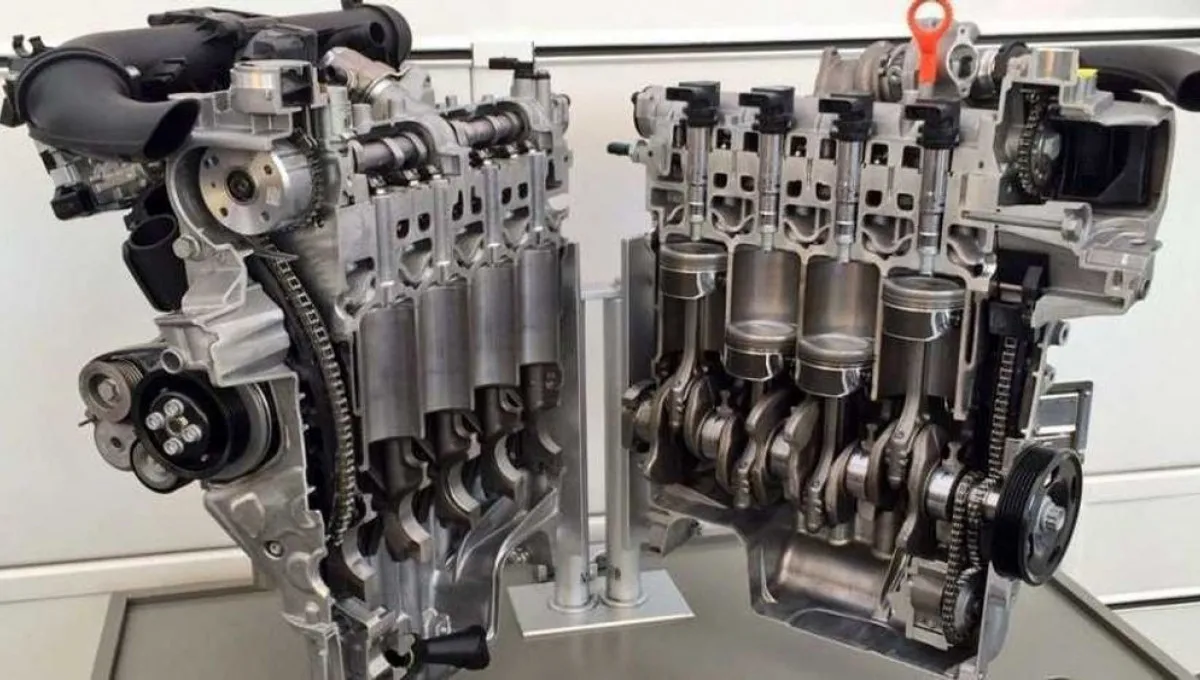
How to Spot Engine Problems Yourself—and Avoid Costly Repairs
Checking your engine without a shop visit: simple steps any driver can take